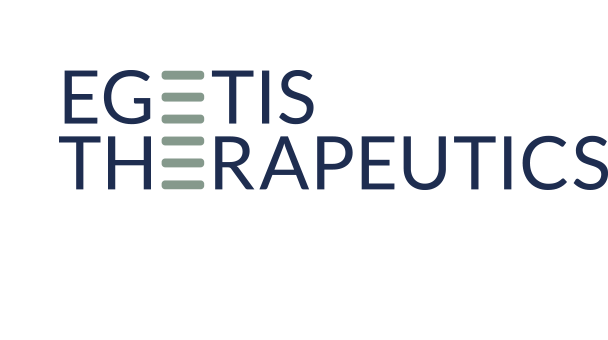Disease Area
Role and Regulation of Thyroid Hormone
Thyroid hormone is a key metabolic regulator in the human body with effects on almost all cell types and plays an important role in the development and proper function of multiple organs. To adequately perform its action in the body, thyroid hormone needs to be produced correctly and in the right amount, transported to its place of activity and ultimately bind successfully to its receptor within the cell nucleus. A disruption in any of these steps will impair the body’s possibility to adequately perform and regulate thyroid hormone signalling and cause dysfunction of various cells and organs resulting in different symptoms depending on the type and nature of the defect.
Thyroid hormone is produced by the thyroid gland, located in front of the trachea on the neck. Thyroid hormone is involved in regulating many of your bodily functions, such as your breathing, heart rate, temperature, how quickly you burn calories, and digestion. Babies and children need adequate amounts of thyroid hormone for normal brain development and growth.
Thyroid hormone contains iodine and the thyroid needs this element to be ingested in the diet in order to manufacture hormone. Foods that are naturally rich in iodine include seafood and plants grown in iodine-rich soil. Iodized salt is another good source of dietary iodine.
There are two main forms of thyroid hormone, T3 and T4, both produced by the thyroid gland. The majority of thyroid hormone in the human body exists in the form of T4, which is a pre-hormone with long half-life. T4 needs to be converted to the active hormone T3 to exert its activity. Such conversion is done by the liver and gastrointestinal tract but can also be done inside the cells of the target organ. Thyroid hormone need various transporters to enter the target cells. There are several transporters identified in the human body, with various distribution and importance in various cell types and organs. One of the most important transporters is the monocarboxylate transporter 8 (MCT8), which is critical for the passage of thyroid hormone into the brain and across what is called the blood-brain barrier, a tightly regulated barrier that separates the circulation of the brain from that of the rest of the body. Once inside the cells, T3 needs to enter all the way into the cell nucleus where the genome lies, in order to bind to its receptor. When bound, the thyroid hormone and receptor complex acts as a regulatory transcription factor, causing certain genes to be expressed and others supressed.
Given its important regulatory role in the body, the level of thyroid hormone is tightly controlled on many levels. The production of thyroid hormone by the thyroid is controlled by the so called hypothalamic-pituitary-thyroid (HPT) axis. The hypothalamus will detect the level of circulating thyroid hormone and when necessary produce a pro-hormone called thyrotropin releasing hormone (TRH). TRH acts on the anterior part of the pituitary gland which results in release of thyroid stimulating hormone (TSH), which in turn causes the thyroid gland to produce more thyroid hormone.

